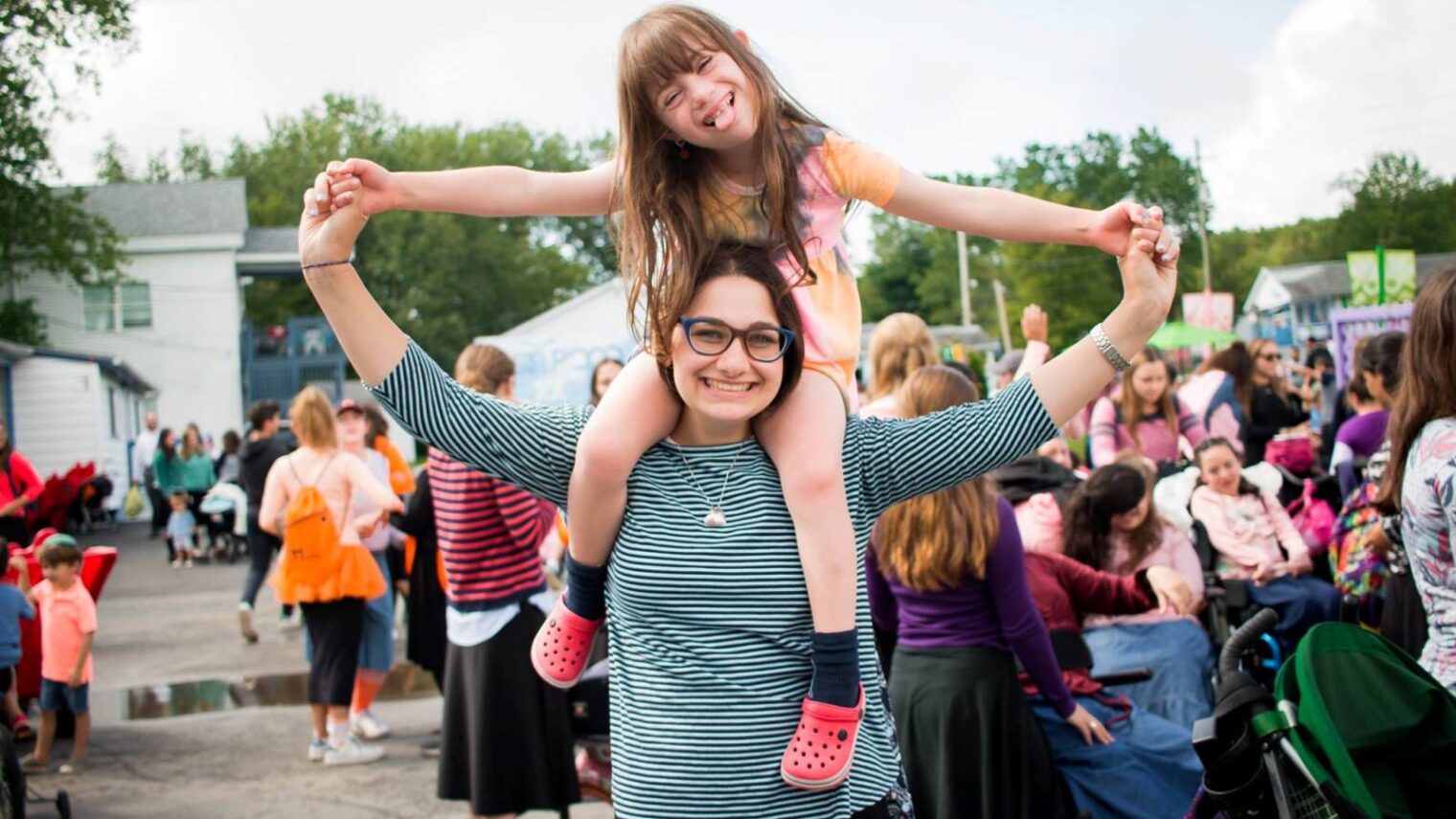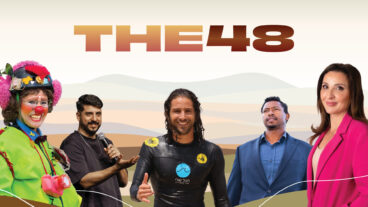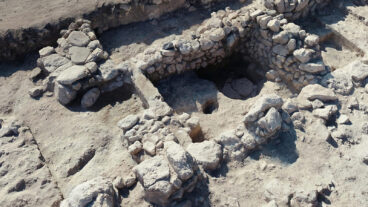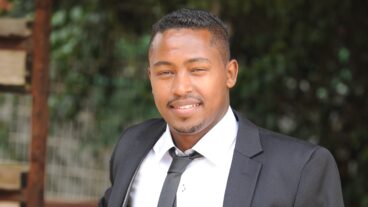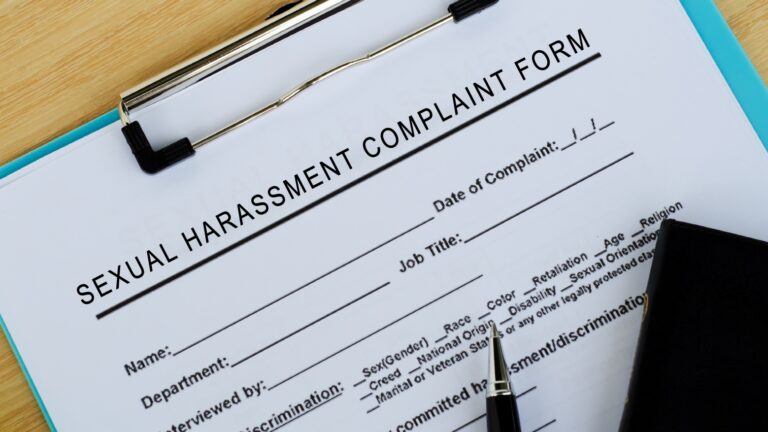According to the National Center for Victims of Crime, 20 percent of adult American females and up to 10% of adult American males recall a childhood sexual abuse incident.
While the number of such incidents at summer camps isn’t documented, experts agree that overnight campers are especially vulnerable to possible molestation by counselors or other campers. This reality has given rise to many prevention materials for parents and professionals.
One particular online abuse-prevention program is getting a lot of attention from all kinds of camps even though it was devised for the religious Jewish camping scene.
It’s sponsored by ASAP Care, a three-year-old sexual-abuse prevention project of Yedidut Toronto, a nonprofit organization in Jerusalem supported by a Canadian family foundation.
“In response to requests regarding summer camps, a couple of years ago we developed an online program to train camps on preventing sexual abuse. The uniqueness is that it is short, focused, practical, clear, non-threatening, accessible and available for free,” says social worker Ora Kalfa, Yedidut Toronto program manager.
“Other programs we found are lengthy, expensive, tedious, scary and unclear,” Kalfa tells ISRAEL21c. “This was not an effective or efficient way to get the urgent messages of prevention and safety out to everyone interacting with children.”
Recently endorsed by the American Camp Association, ASAP Care includes four short online animated videos as well as mandatory post-training testing (results are tracked and shared with users) and a certification option. There’s a guide for camp directors on selecting staff and designing campgrounds to limit opportunities for abuse, plus a protocol for kids with special needs.
“We did focus groups with our target audience of counselors and directors, finding out what style works. Then we worked on the images and the language with Rogatka [a Jerusalem-based production house]. They spent a lot of time making the videos’ messages and format professional, not threatening or scary and even a little humorous,” says Kalfa.
Developed in consultation with sexual-abuse experts in Israel and in America, the videos convey sticky messages on the practical boundaries of “healthy affection” and the behaviors that veer into “harmful affection” to give each camp a uniform level of standards.
Counselors learn that dancing with a camper is okay; tickling isn’t. Spending time alone with a camper is not appropriate; nor is friending a camper on social media. Touching campers should be limited to above the shoulders, although this rule is modified in the guidelines for special-needs campers.
Rabbi Avi Pollak of Israel, program director of Camp HASC (Hebrew Academy for Special Children) in New York’s Catskill Mountains, implemented ASAP Care for the 2018 summer season of the 45-year-old program for children and adults with intellectual and physical disabilities.
“They helped us refine and continue to improve the guidelines we already had in place for appropriate interaction to make sure they reflect the current level of attention these matters require,” Pollak tells ISRAEL21c.
“It was important for us to know that we are doing everything to keep interaction between our staff and campers and between staff members safe and well supervised. This helps us create a culture of vigilance and set the tone that safe relationships are a serious priority for us.”
The HASC camper population of nearly 300 is more than matched by a staff of about 450 in residence and 100 more staffers who commute daily. Since many special campers need help with personal care, directors must do all they can to assure that counselors understand the bounds of appropriate interaction, says Pollak.
Avi Matanky, director of Moshava Alevy Camp in Running Springs, California, added, “While we have always held training in abuse awareness for our staff when they arrive at the beginning of the summer, the pre-camp training from ASAP provided an additional awareness and sensitivity. This was evident during staff training week, when our new staff asked high-level and thoughtful questions, and during the summer, when our staff displayed a greater awareness and sensitivity than in previous summers.”
Interest from outside Jewish world
Kalfa says “people need to see themselves in the images” for a prevention program to be relevant. Therefore, in the ASAP Care videos you’ll hear Jewish phrases and see an animated counselor in unmistakably Jewish garb.
Still, the organization has been approached by more than 100 camps from across the Jewish spectrum and beyond.
“While we developed it to fill in a gap in the religious world, with the recent explosion in the news of #MeToo and sexual-abuse cases we have been contacted by numerous secular and non-Jewish institutions who want to use our program with or without adaptations,” says Kalfa.
“It shows that there’s a need and we have a unique, innovative model. It’s not enough to talk about sexual abuse; you need clear information on what to do. This is where we bring something to the field.”
Kalfa hopes to adapt ASAP’s camp project for secular audiences. Meanwhile, “many have taken it as is — with the religious images — and are using the special-needs protocol as well. Either way, I think it is an amazing social lifesaving program coming out of Israel.”
For more information, click here




